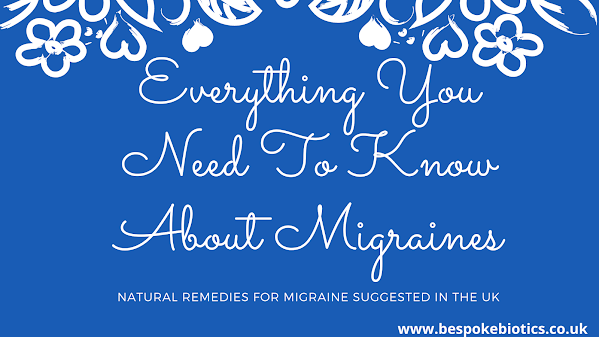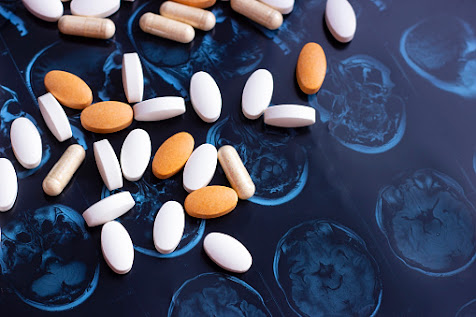What Is A Tension Headache and How Tension Headache Supplements Aids In Curing The Same.
Recently there are several headache cases on the rise. For many of us, modern life entails stress; juggling obligations at work and home can be a never-ending balancing act with little downtime. There have been more cases of reported stress and tension headaches as a result of these elevated stress levels. That’s when Best Supplements for Brain Health comes in. Today doctors are widely seen prescribed them to keep the tension headache at the bay.
What Is A Tension Headache?
You are all of a sudden getting a random headache.
The stress hormone Cortisol is known to tighten the muscles and nerves in the neck and head, which reduces blood supply to the brain and is the likely cause of tension headaches. Hormonal disorders, magnesium deficiency, a poor diet, and sleep disruptions are additional variables that contribute to tension headaches.
That is the general sensation of tension headaches. Here are a few signs of a stress headache that are typical:
· You are having a constant headache on both sides
· The neck muscles contract
· Developing pressure behind the eyes
· Pressure or tightness on the forehead, resembling a tight band around the head
· It is extremely unlikely to be a tension headache if you feel queasy or sick to your stomach. However, you might feel as though you don't want to eat.
Tension Headache Is Becoming The Most Common Headache
Although tension headaches, the most common type of headache, often only last a few hours, for some people the pain may endure for several days. Discomfort, characterized by throbbing feelings, affects the front, top, and sides of the head equally. Additionally hurting are the muscles in the region behind the neck and between the shoulder blades. Typically, photosensitivity, eyesight, or balance problems are not a result of tension headaches.
Tension Headache Supplements - Get In The Healthy Way To Cure Your Headaches
Magnesium Supplements
Magnesium deficiency has been associated with migraine attacks, and consuming an additional 200–600 mg of magnesium daily may lessen the frequency of these attacks. Legumes, almonds, broccoli, spinach, avocado, dried figs, and bananas are a few examples of foods that naturally contain a lot of magnesium.
· Supplements for iron
While those with inflammatory disorders are more likely to experience deficits, menstruating women are more likely to develop an iron deficiency. You should consider whether your iron level is healthy if you frequently suffer from headaches or migraines.
· Vitamin D Supplements
Migraines and vitamin D insufficiency have been connected. This is most likely a result of its function in battling brain inflammation. Additionally, vitamin D may increase the absorption of magnesium and decrease the synthesis of chemicals that rise during migraine attacks. Supplementing with vitamin D may help treat and prevent migraines, especially in those who are vitamin D deficient.
· Melatonin
The pineal gland in your brain secretes the hormone melatonin at night. It facilitates sleep.
Low levels of melatonin caused by pineal gland anomalies may be related to the onset of headaches and migraine attacks. Melatonin supplementation may help prevent migraine attacks, potentially by shielding the brain from harmful substances, controlling neurotransmitters, reducing pain, and other mechanisms.
Apart from the above-mentioned Best Tension Headache Supplements, both peppermint and lavender essential oils have a cooling and numbing impact that makes them excellent for treating headache discomfort. Additionally, peppermint oil has been shown to have natural painkilling, antiviral, antifungal, and antibacterial properties. The use of lavender oil helps reduce pain, improve blood flow, and ease nervous tension. It has been discovered that inhaling these oils can effectively treat headaches and migraine discomfort.
In Conclusion
Results from these therapies may or may not be visible to patients. The best, fastest, and most effective technique to relieve headache and migraine pain often involves combining therapeutic approaches with natural remedies. Keep in mind that there are several sorts of headaches, and your response to each cure will depend on which type of headache you experience. Consider working with an integrated health practitioner and asking them to recommend the best tension headache supplements if you want to learn more about your headaches and how to prevent, manage, and eliminate the pain.



Comments
Post a Comment